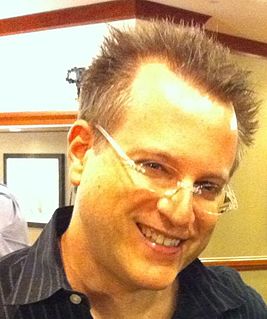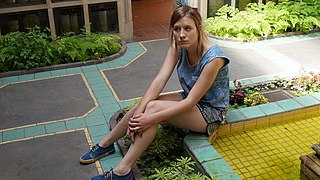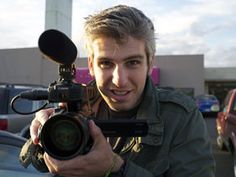A Quote by Ben Mezrich
I write nonfiction in this thriller-esque style. I have all the facts; I research it. I have thousands of pages of court documents... I try to get inside my stories.
Related Quotes
One thing you learn about doing nonfiction is that you've got to get it right, fact-check, do your research. You've got to not only get the facts right but represent the subject to the world in a way that insiders feel like it's an access port and outsiders can access it. If you're too insider, you block access to anyone else.
AS SOMBRAS DA ALMA. THE SHADOWS OF THE SOUL. The stories others tell about you and the stories you tell about yourself: which come closer to the truth? Is it so clear that they are your own? Is one an authority on oneself? But that isn't the question that concerns me. The real question is: In such stories, is there really a difference between true and false? In stories about the outside, surely. But when we set out to understand someone on the inside? Is that a trip that ever comes to an end? Is the soul a place of facts? Or are the alleged facts only the deceptive shadows of our stories?
The recent inspection find in the private home of a scientist of a box of some 3,000 pages of documents, much of it relating to the laser enrichment of uranium support a concern that has long existed that documents might be distributed to the homes of private individuals. On our side, we cannot help but think that the case might not be isolated and that such placements of documents is deliberate to make discovery difficult and to seek to shield documents by placing them in private homes.



































